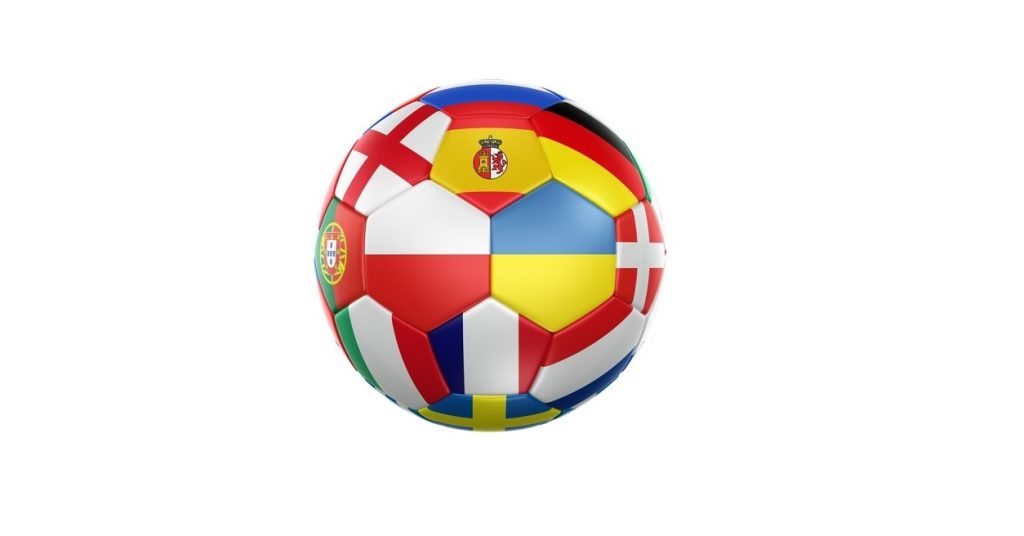Friendly football games are usually labelled as boring sleeping pills, with teams resting their best players, low number of spectators and general dullness. Before the European Championships 2020, that situation is about to change, with the new Nations League qualifiers.
Nations League explained
The idea behind Nations League is simple: The European teams are divided into four divisions, A-D, based on their ranking. In turn, every division is divided into four groups, hence there are a total of 16 groups. Each group winner will advance to the play offs for the UEFA 2020 Championships unless they managed to qualify to the tournament through their regular qualifier groups.
Example: In division B, group 2 consists of Sweden, Turkey and Russia. Sweden and Denmark managed to qualify to the Euro2020 in the regular qualifiers, while Russia didn’t. Hence, Russia will advance to the Nations League playoffs!
Most teams from division A, and many teams from division B will of course advance to the Euro2020. Hence, for teams in these groups that are struggling in the qualifiers, the Nations League might be even more important than the regular qualifiers since even a middle position in these groups might mean a spot in the European Championships! For division C and D, the competition is not as hard, but then many of the opponents will not reach the Euro2020 through the regular qualifiers, so a top position in the group will be necessary to advance through this format.
The Playoffs are scheduled for March 2020 and consists of two semifinals and one final for every division. Four final winners will advance to the Euro 2020.
Divisions and teams in Nations League
Division A: Germany, Portugal, Belgium, Spain, France, England, Switzerland, Italy, Poland, Iceland, Croatia, The Netherlands.
Division B: Austria, Wales, Russia, Slovakia, Sweden, Ukraine, Ireland, Bosnia and Herzegovina, Northern Ireland, Denmark, Czech Republic, Turkey (Sweden plays in group 2 together with Russia and Turkey).
Division C: Hungary, Romania, Scotland, Slovenia, Greece, Serbia, Albania, Norway, Montenegro, Israel, Bulgaria, Finland, Cyprus, Estonia, Lithuania.
Division D: Azerbaijan, Macedonia, Belarus, Georgia, Armenia, Latvia, Faroe Islands, Luxembourg, Kazakhstan, Moldova, Liechtenstein, Malta, Andorra, Kosovo, San Marino, Gibraltar.
We look forward to an exciting year of football 2018 with the FIFA World Cup, Euro 2020 Qualifiers and Nations League!
Schedule, Nations League
Round 1: 6-8 September 2018
Round 2: 9-11 September 2018
Round 3: 11-13 October 2018
Round 4: 14-16 October 2018
Round 5: 15-17 November 2018
Round 6: 18-20 November 2018
Finals: 5-9 June 2019.
Playoff to the EURO2020: 26-31 March 2020


